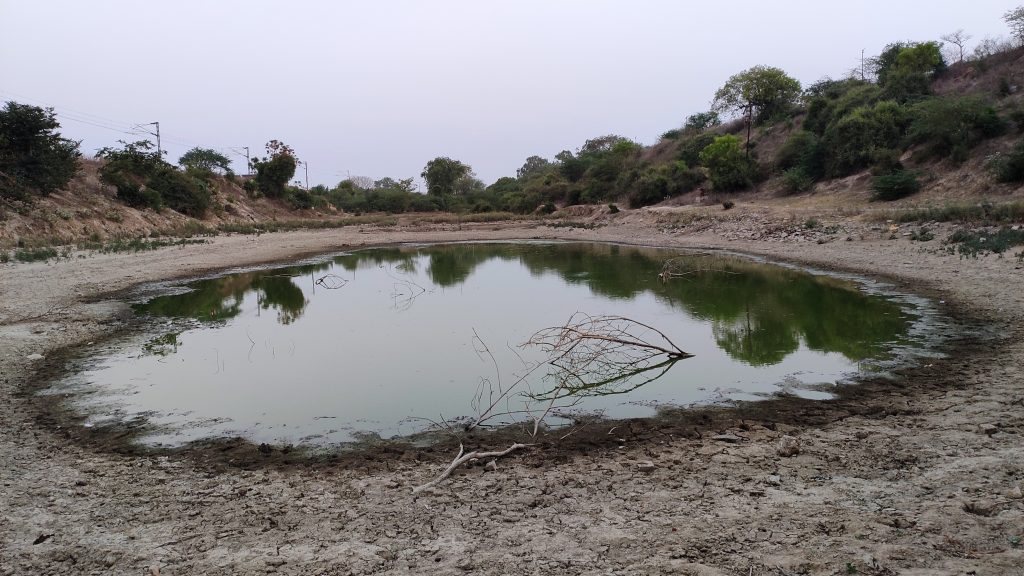Water Productivity Improvements – A Silver Bullet for Climate Crisis?

A White Paper titled ‘Can Water Productivity Improvements Save Us from Global Water Scarcity?’ has been drafted based on the discussions at the Working Group workshop (25-27 February 2020, at CHIEAM in Bari, Italy) and further consultations and literature research. The White Paper reviews the state of knowledge, presents relevant methodologies and approaches, and offers key policy recommendation to scale interventions and to ensure effective solutions across scales. The webinar helps to disseminate the messages and receive feedback from stakeholders.
Mohammad Hossein Emadi
Ambassador and Permanent Representative of the Islamic Republic of Iran to FAO and the Rome Based Agencies
Winston Yu
Principal Researcher and Senior Advisor at the International Water Management Institute (IWMI)
Laura Sommer
Deputy Head International Affairs and Food Security Unit at Switzerland’s Federal Office for Agriculture (FOAG)
Claudia Ringler
Deputy Director, Environment and Production Technology Division, International Food Policy Research Institute (IFPRI)
Claudia Ringler was appointed Deputy Division Director of IFPRI’s Environment and Production Technology Division in 2011. From 1996 until her current appointment, she served in various other research positions in that division. She currently co-leads the Institute’s water research program and is also a basin theme leader in the CGIAR Research Program on Water, Land and Ecosystems
Dr. Ringler received her PhD in Agricultural Economics from the Center for Development Research, Bonn University, Germany, and her MA in International and Development Economics from Yale University. Her research interests are water resources management-in particular, river basin modeling for policy analysis and agricultural; and natural resource policy focused at sustainable agricultural productivity growth. Over the last several years she has also undertaken research on the impacts of global warming for developing country agriculture and on appropriate adaptation and mitigation options. Dr. Ringler has field experience across Asia, Sub-Saharan Africa and Latin America. In Asia, she has worked on natural resource management and agricultural technology policy in Bangladesh, Cambodia, China (Yellow River Basin), India, Indonesia, Laos, Pakistan and Vietnam (Dong Nai and Mekong River Basins). In sub-Saharan Africa, she has worked mainly in Ethiopia, Ghana, Kenya and South Africa and on the Limpopo, Nile and Volta River Basins; and in Latin America on Chile (Maipo River Basin) and Brazil (Pirapama Basin). Ringler has been part of a series of Project and Program Advisory and Steering Committees; and International Assessments, such as the Millennium Ecosystem Assessment, the International Assessment of Agricultural Science and Technology for Development, and the UNEP-led GEO-V Assessment. She is currently a member of the Scientific Steering Committee of the Global Water Systems Project (GWSP). Dr. Ringler has more than 80 publications in the areas of water management, global food and water security, natural resource constraints to global food production, and on synergies of climate change adaptation and mitigation.
Claudia Sadoff
Director General, International Water Management Institute (IWMI)
Before joining IWMI, Claudia was Global Lead for Water Security and Integrated Resource Management at the World Bank. She received appointments from a wide variety of other organizations as well, serving as a Distinguished Visiting Scholar at Oxford University, Chair of the GWP/OECD Task Force on Water Security and Sustainable Growth, Economic Advisor to IUCN, Member of the World Economic Forum’s Global Agenda Council on Water Security, Member of the Global Water Partnership Technical Committee and Fulbright scholar at the Thailand Development Research Institute.